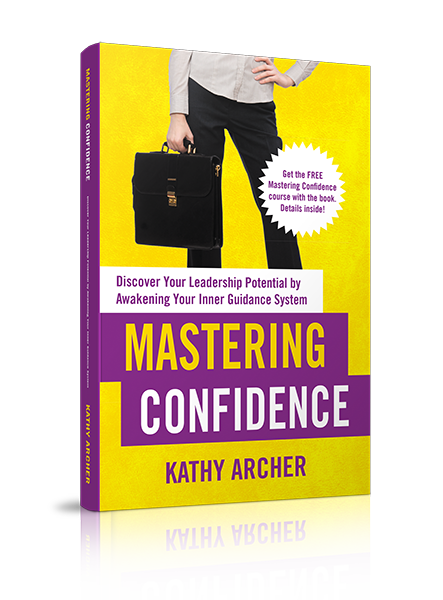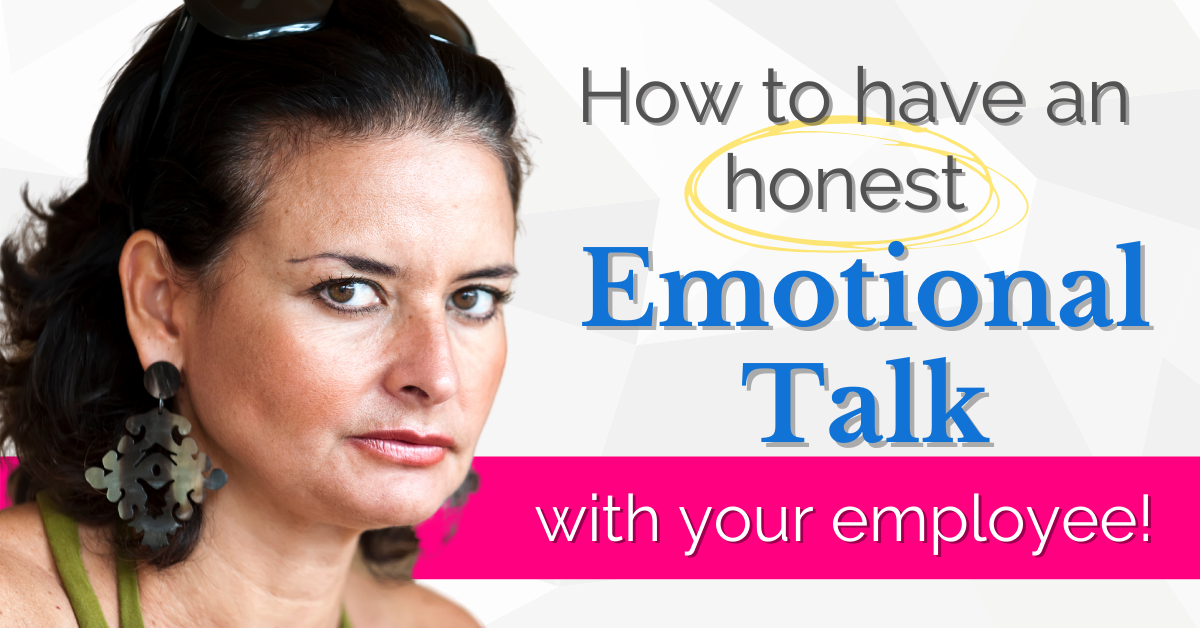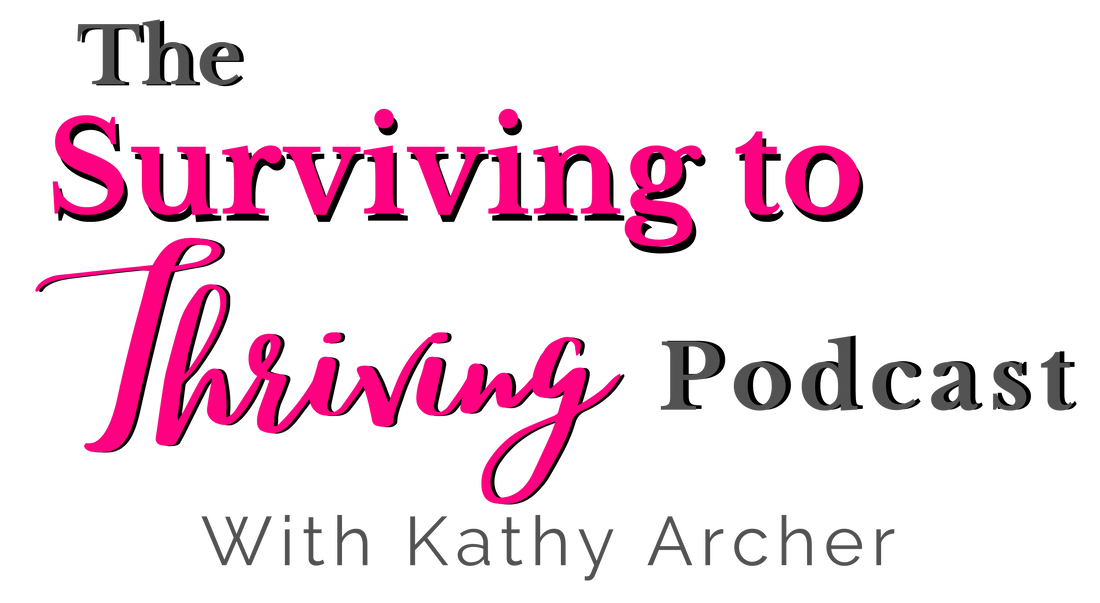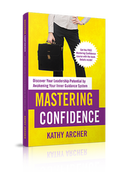|
Do you believe that because you can deal with conflict matter-of-factly without getting emotional, you are good at dealing with conflict?
Or do you believe the goal you're aiming for if you want to be effective at conflict resolution is to do it without getting emotional? You may get through conflict this way, but is your conflict resolution as effective as it could be? Here's what some women leaders do or try to do: Before some women leaders address a tough conversation, they gather evidence, collaborate their story with others, and pull the appropriate policy out. Armed with their documentation and evidence, they present it to the employee. Knowing they need to balance that out with treating the person as a person, they make empathetic statements to the employee about what might have stopped them from doing what they were supposed to do. Let's try it with an example: I want to talk to you about your PPE. I saw you show up with your client yesterday, and you didn't have your mask on. I've heard from others that you have a habit of pulling down your mask to have a drink but forget to pull it back up for long periods. Insert the empathetic statement: I know we are all tired of wearing masks; however, it's mandatory. We reviewed the mask policy at the last meeting. It's required, and I need you to be diligent about wearing it. It seems like a clear-cut conversation, right? No need to get emotional. Read that example again. Did you feel empathy? Or perhaps, did you feel annoyed? The truth I mean, come on, we are working with adults here, not children. How many times do you have to remind them of the basic rules, heck laws? Aren't you tired of reviewing PPE policy? Is this the second, third or 4th time you've reminded someone in the last two weeks? I suspect that empathy is not at the top of your list of what you are feeling! Inserting an empathetic statement is different from feeling empathy. If you don't feel empathy, don't try to fake it So that comes to my next point. If you are angry, annoyed, irritated or ticked off and insert an empathetic statement, you come across as inauthentic. The thing we want most from our leaders is that they are authentic. With that authenticity comes a sense of trust. Part of that means that I can trust them to be honest about what they are feeling. So if you are annoyed with me and pretending to be empathic, I lose a bit of respect for you. But don't try to be unfeeling either Perhaps we take the empathetic statement out. Ummmm...that's not so effective either. Then, you run the risk of coming across as cold and unfeeling. Ugh...your damned if you do and damned if you don't, right? Yes, only because you are trying to be unemotional. You can't take the true emotions out In attempting to remove emotions from the conversation and come across all business-like, you forget that I am a person, and so are you. We have emotions all the time. They never go away unless you try to numb them out, i.e. wine, beer, over-the-counter and prescription medications, recreational drugs med, Netflix binging, social media scrolling, keeping very busy etc. Despite your attempt to numb out your emotions, they are still there. Those bottled-up or stuffed-down emotions will rear their head at some point. Likely it will be at the most inopportune time or with the wrong person! You need to manage the true emotions you feel Turning down emotions or not getting emotional is different than managing emotions. Managing your emotions is also known as emotional intelligence. Emotionally intelligent leaders are high on the list of those we respect and feel loyal towards. If you're in this sector, it's probably because you care. You care about your clients. You care about the work you're doing. You care about the impact you're having. Turning around then and having a conversation with an employee and trying to stop caring doesn't make sense. What does make sense is to manage how your expression of that emotion comes out. You care, AND You are angry! Sometimes you care so much about your client's safety, your program being respected in the community or what your funder sees that you are angry that your employee is messing things up. The whole point is that you care immensely. And because you care, you feel frustrated, annoyed, angry or irritated. You FEEL You feel emotions in your body Emotions are felt. They are called feelings because you're experiencing something in your body. Consider these examples:
So I ask you to consider for a moment:
When you are honest with what you are feeling, I trust you Because, here's the thing, if you are really expressing empathy, compassion understanding, then you feel it. And when you feel it as a leader and share the words that go with it as your address my performance, I know you feel it. Because of that, I trust you more. I may not like the message, but I trust that you are honest with me. Alternately, consider what frustration, irritation or annoyance feels like in your body. Imagine expressing that emotion in a way that was honest and manageable. Let's try it again, with the same example... I want to talk to you about your PPE. I saw you show up with your client yesterday, and you didn't have your mask on. I've heard from others that you have a habit of pulling down your mask to have a drink but forget to pull it back up for long periods. I need to be honest with you. I'm getting tired of addressing this issue, not with just you, but in general. Forgive me if I come across as a bit resentful. I'd much rather be talking with you about programing for the outreach program. I know you, and I are both passionate about that work. I hope you can see how critical PPE is and find a way to remember to be diligent about it. I want to spend more time focusing on what really matters for our clients! You are honest that you feel angry In this example, if you feel annoyance and resentment in your body, it will come across. THAT'S OK. It's supposed to. It is how you manage your expression of it that is critical. It's not bad, wrong or even ineffective to feel annoyed, frustrated or resentful. The key is HOW you express it. This is how you become emotionally intelligent Emotional intelligence is the ability to recognize and then manage your emotions, and it's a skill worth learning! How are you developing yours? Resolving the myth The myth that effective conflict resolution requires you to shut your emotions off is just that, a myth. The truth is, effective conflict resolution happens when you express your emotions in a managed manner. It means you convey what you are feeling respectfully and authentically. And, it takes work! Do the inner work! It's worth it! You can find more resources to help grow your emotional intelligence here:
0 Comments
Your comment will be posted after it is approved.
Leave a Reply. |

Available on Amazon
Archives
May 2024
|
|
Leadership TRAINING for Nonprofit Leaders
Become a confident and competent nonprofit Leader: Join The Training Library membership Executive and Leadership COACHING Leadership Coaching for Nonprofit Executives, Leaders and ManagerCoaching |
PODCAST for Nonprofit Leaders
The Surviving to Thriving podcast: Strategies, systems and support to lead your nonprofit with confidence FREE RESOURCES to Grow your Leadership Skills Free Leadership Training Resources, Worksheets and Templates |
Become a CONFIDENT LEADER
|




 RSS Feed
RSS Feed
